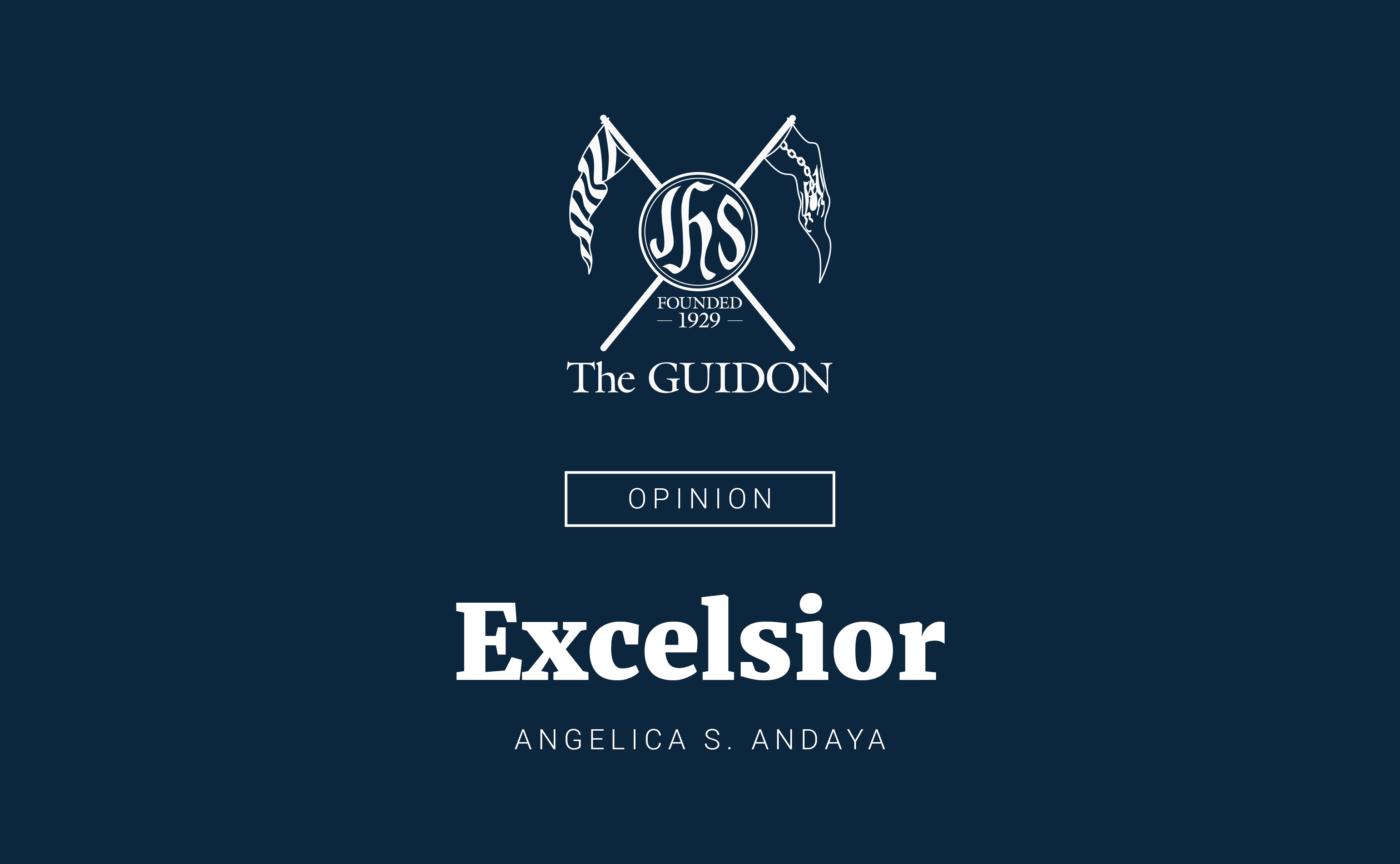Some people claim social media to be “toxic because of politics” nowadays. Some are dismayed over how social networking sites like Facebook and Twitter serve as platforms to express political opinions and propel political discourse. It seems like these netizens prefer that their news feeds be politics-free, which implies a certain kind of selectiveness in the use of social media today.
As we can see, however, politics is far from being alien to social media, and it is not going away any time soon.
Why not social media then? I think we can all agree that it is the most accessible platform for discussion in this day and age. It transcends all generations, socio-economic backgrounds, and personalities. It imposes little to no limit on the content we post, be it travel photos, personal blogs, memes, for sale items, and even business advertisements. You and I use it in our daily lives, and much of our time is undeniably spent scrolling on our phones—liking, sharing, and retweeting.
Social media, in its ideal form at least, seems to be the perfect platform for information dissemination and discussion. The question is, why exclude politics from it?
In attempting to understand this complex situation, we must first look into which aspect of social media, when infused with politics, becomes “toxic.” I would think that this “toxicity” stems from the flimsy online exchanges that eventually translate to ad hominem attacks when individuals fail to agree on opinions. It becomes toxic because upon disagreements on their views, some netizens belittle instead of educate, dismantle instead of construct, and more contemporarily, “cancel” instead of correct. This limited tolerance for differing opinions has taken a toll on social media discussions, making it difficult to facilitate productive online discourse.
More problems settle in when netizens absorb political content on social media at face value and make them vulnerable to misinterpretation, such as forming an opinion based on a news article’s headline rather than its entire contents. Once political views are posted online, they are immediately up for public consumption. After which, it becomes very difficult to ensure that the message one intended to tell is the same one that is communicated across. Because views online are also highly subjective, people tend to associate them to the personalities of individuals themselves, rendering it hard to promote objective political exchanges. As one thing leads to another, disagreements on political opinions eventually turn to personal tirades, breeding an unhealthy space for ideally constructive and educational conversations on politics.
Having said this, it is understandable that some people prefer social media to be devoid of politics. Despite the convenience of expressing opinions without face-to-face interactions, online political discourse is still not immune to abuse and misuse, like any other platform that involves human freedom. During times when the “freedom of expression” card is loosely weaponized as an excuse for unaccountability, hate speech, and misinformation, we must remain grounded on why we use social media and what we use it for. We must be responsible enough to use social media for the greater purpose of educating our fellow netizens, and not to tear each other apart when we do not have the same views with others.
Yes, the volatile mix of social media and politics makes social media toxic at times, but it does not mean that it has to remain that way. Little by little, we can still detoxify social media by promoting healthy discourse, encouraging constructive criticism, presenting facts rather than prejudice, and most importantly, aiming for education rather than imposition.







